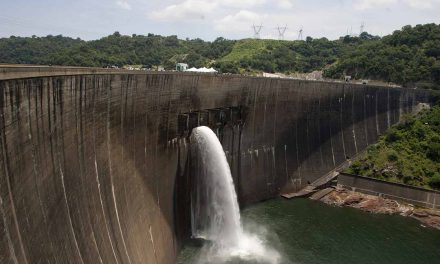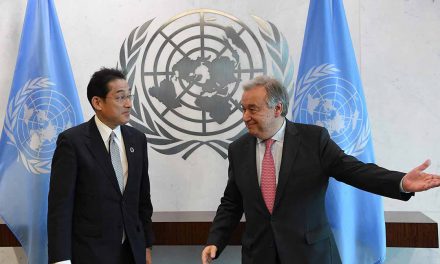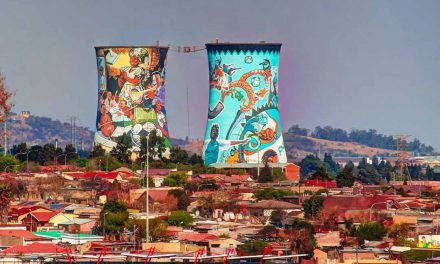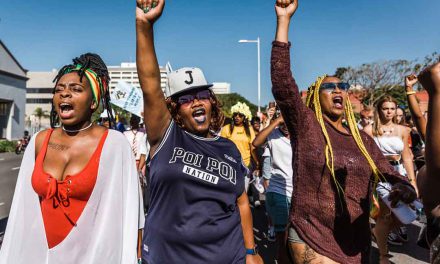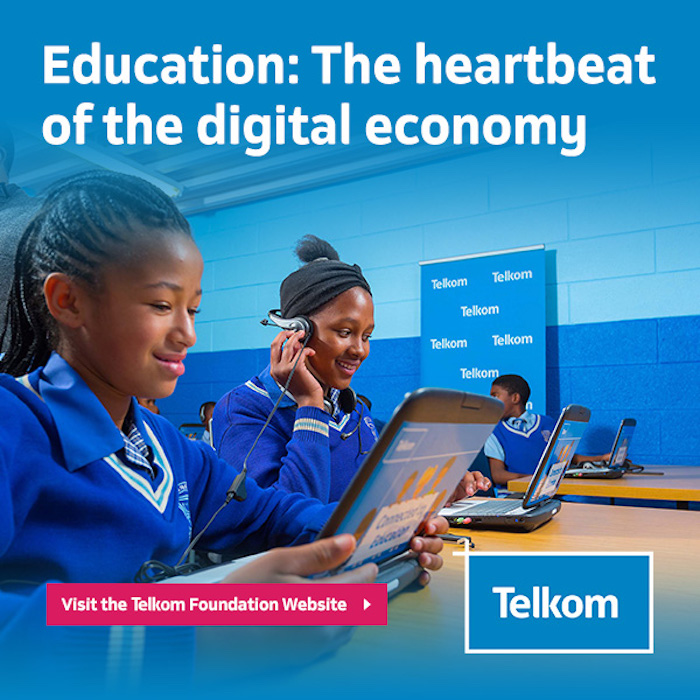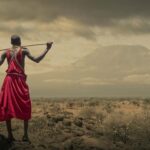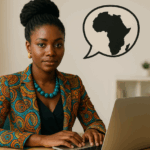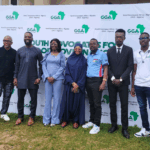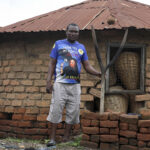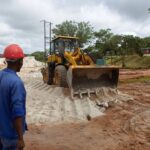Sustainability. It has become all too easy to subsume the cure for the world’s ills under this throwaway word. In its own right, the word refers to the ability to be maintained at a certain rate or level, or to avoiding depletion of natural resources
to maintain an ecological balance. The United Nations 2030 Agenda places sustainability front and centre, critically linking it with a “transformative plan for humanity” intended to foster environmental stewardship and human flourishing. The linkage of sustainability to transformation is pivotal, as I hope to illustrate below.
A recent intensive course on the Prince of Wales’s Business and Sustainability Leadership programme, offered by the University of Cambridge’s Institute for Sustainability Leadership at Spier, in Stellenbosch, served as an epiphany. Previously, I had thought that both our NPO and my personal life were more than less geared to sustainability. A bit of recycling here, some eco-activities there, all on a piecemeal basis. The shock hit home with an intrusively loud thunderclap. Global warming is advancing at an unprecedented rate; we are literally facing a real and present cataclysm.
The 2019 Global Assessment Report produced by the Intergovernmental Science- Policy Platform on Biodiversity and Ecosystem Services was released during our course. Devastatingly, it indicates that one MILLION species of plants and animals face extinction, that the current global response is inadequate, and that without “transformative changes” we are doomed. As a result, I undertook to mainstream sustainability into our vision, mission and values at GGA and have been increasingly mindful of the largely negative impact that we humans are having on our planet and on the life forms that exist with us. This is transformation. And it needs to be ongoing and dynamically responsive if “sustainability” is to hold any meaning at all.
Tanzanian microbiologist Joyce Msuya, Acting Head of UN Environment, responds as follows, “Nature makes human development possible but our relentless demand for the earth’s resources is accelerating extinction rates and devastating the world’s ecosystems… [the report] highlights the critical need to integrate biodiversity considerations in global decision-making on any sector or challenge, whether its water or agriculture, infrastructure or business.” The only chance we have is to integrate the knowledge that is generated into a transformative agenda to be actioned by a whole-of-society approach, and even then we face a monumental challenge.
Framed in these terms, we chose the Sustainable Development Goals or SDGs as the topic of our special 50th issue of Africa in Fact. Not only does this issue mark a milestone for us as the flagship publication of Good Governance Africa, but it is also a turning point towards a new urgency of engagement. AiF 50 suggests that the success of the SDGs will rest on three pillars: political will (at the confluence of good governance and sound economic management), cooperation and partnerships, and investment in reliable data.
Osita Agbu kicks off with an overview of the SDGs, arguing that, with respect to Africa’s Agenda 2063, it is possible to align measures of continental integration to the metrics in SDG Goal 17 and thus to compare regional and country performance. Next, Edmond Oduor considers the statistics related to the SDGs and the challenge some African countries have with collecting, managing and disseminating data vital to monitoring and achieving developmental goals.
Andrew Donaldson assesses the importance of global partnerships in achieving the SDGs, while Ronak Gopaldas questions whether changing global political and economic dynamics still provide a backdrop conducive to realising these ambitions. He argues that African governments and policymakers must develop an environment conducive to investment, economic and policy stability.
Our range of writers then turn their attention to specific goals 1 through 17. Some fast SDG facts to consider from our volume: 1) poverty – nine out of 10 of the world’s extremely poor will live in sub-Saharan Africa by 2030 unless African countries follow the examples of Ethiopia and Ghana; 2) zero hunger – 257 million Africans go hungry and suffer food insecurity; 3) healthy lives and wellbeing for all – Africa has reduced child mortality faster than any other region; 4) quality education – no African country analysed for ensuring inclusive and equitable education has achieved so-called “green status” – meeting all indicators.
Turning to the other SDGs: 5) gender equality – despite legislation to rectify gender disparity, in reality women remain largely disenfranchised with one of the greatest inequalities evident in land ownership; 6) clean water and sanitation – 900 million Africans lack water-flushed toilets, handwashing facilities, clean drinking water and related services;
7) affordable and clean energy – 39 of the 55 African countries have made less than 50% progress towards their 2030 target, according to the Africa 2018 SDG Index; 8) decent work and economic growth – a mixed bag, with some countries making good progress and others not; 9) innovation, infrastructure and sustainable development – Africa needs to embrace new “leapfrog” technologies, bypassing the smoke and fog of the first industrial revolution. Moving on, 10) intergenerational poverty persists and policy direction should be steered by direct consultation with local communities; 11) inclusive, safe, resilient and sustainable cities – much greater political will is needed to drive efforts in promoting alternative energy and sustainable environmental and housing initiatives; 12) responsible consumption and production – poorly managed waste sites in African cities have become a breeding ground for disease, contributing to global climate change through toxic gas generation; 13) climate change – smallholder agriculture, the mainstay of most African economies, is the sector most vulnerable to climate change. The African Union Development Agency, with financial support from Norway, has introduced a five- year Gender Climate Change and Agriculture Support Programme (GCCASP) to train vulnerable groups in Africa to use climate-smart agricultural practices.
Turning to the remaining SDGs: 14) life below water – Africa’s cities and coastal towns are grappling with mountains of garbage, mostly plastic that ends up in the ocean, and faced with this challenge, more than a dozen African countries have either adopted or proposed bans on polythene bags; SDG 15) life on land – see our map; SDG 16) peace, justice and inclusive societies presents a question: how inclusive are African governments willing to be in their commitment to ensuring access to justice for all? Then, as we see in the case of Liberia, national actors in a society working towards SDG 16 need to connect with a wide variety of stakeholders, notably civil society; and finally 17) partnerships to achieve the SDGs – see Agbu. This mix of stories, with their diverse outcomes, may leave our readers with the impression of the daunting task ahead to achieve the SDGs by 2030. However, at GGA, we like to celebrate examples of African states taking the initiative and innovating to be transformative, adaptive and integrating sustainability into everyday life. That said, it is insufficient for us to see this as someone else’s story. This is our story, individually and collectively. It has to be about a sea change in attitude, behaviour, and solidarity, without which we are all at grave risk. Let us rather change course, and strive to survive and thrive
in solidarity and harmony with the abundant world around us.
ALAIN TSCHUDIN is a former Executive Director of Good Governance Africa. He is a registered psychologist with Ph.D.s in Psychology and in Ethics. He was a Swiss Academy Post-doctoral Fellow at Cambridge and oversaw the Conflict Transformation & Peace Studies Programme at UKZN for several years. He has broad research and community engagement interests and has worked for various universities in Africa and Europe, with the European Commission, with local and international NGOs, as CEO of a leadership development agency, and as lead consultant for Save the Children and UNICEF, most recently as Child Protection Assessment Coordinator for Northern Syria. Alain has an adjunct association with the International Centre of Non-violence (ICON) and the Peacebuilding Programme at the Durban University of Technology.



